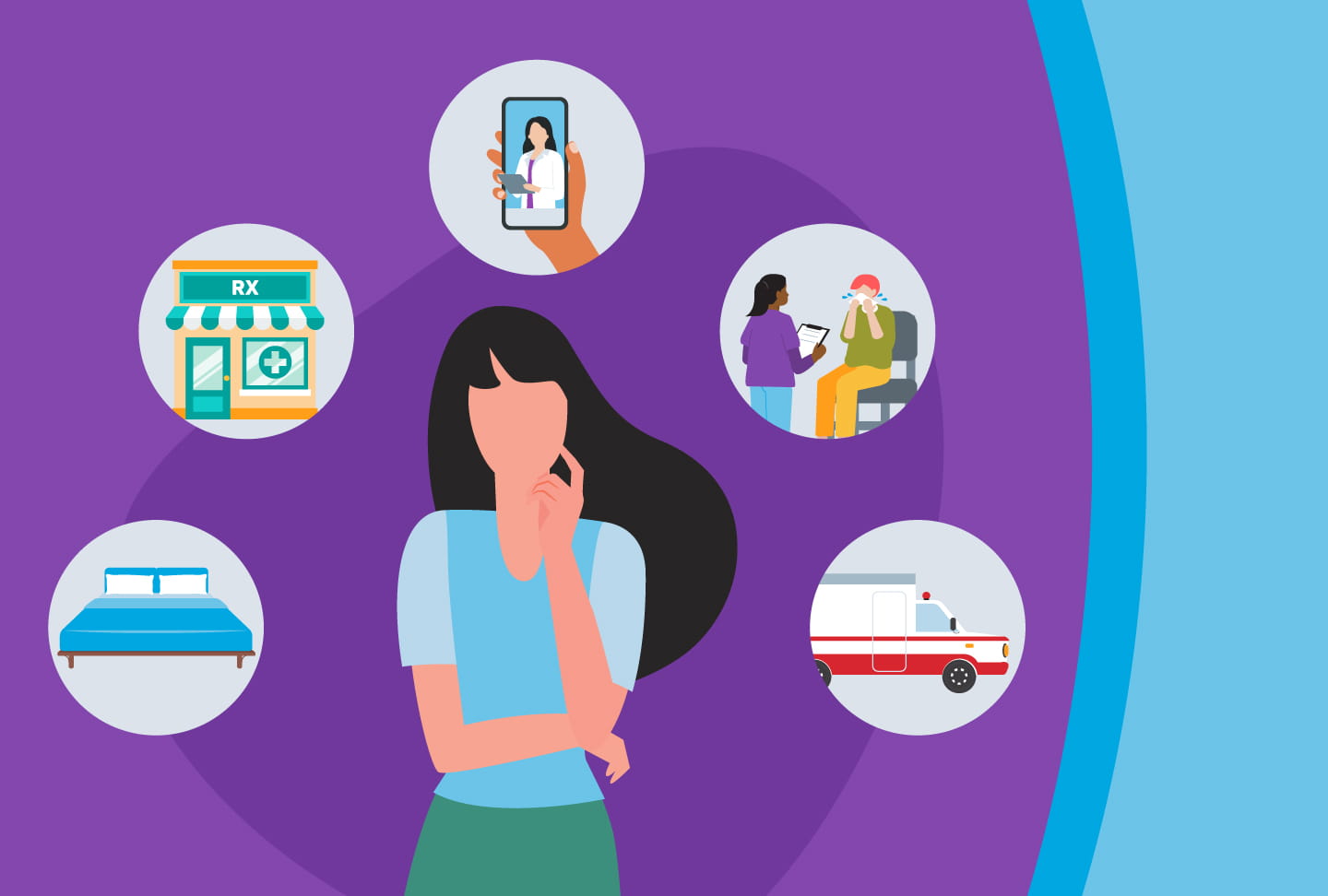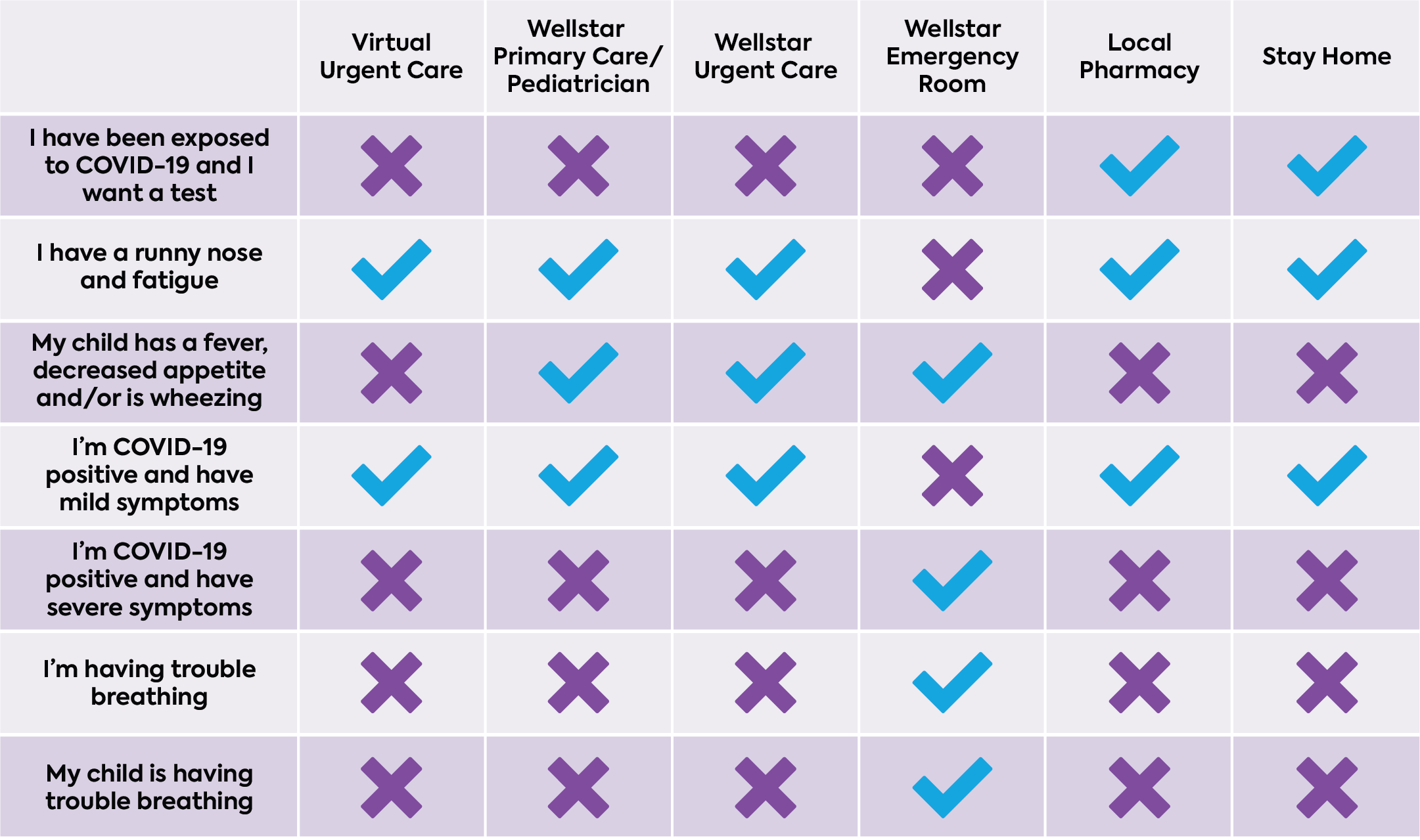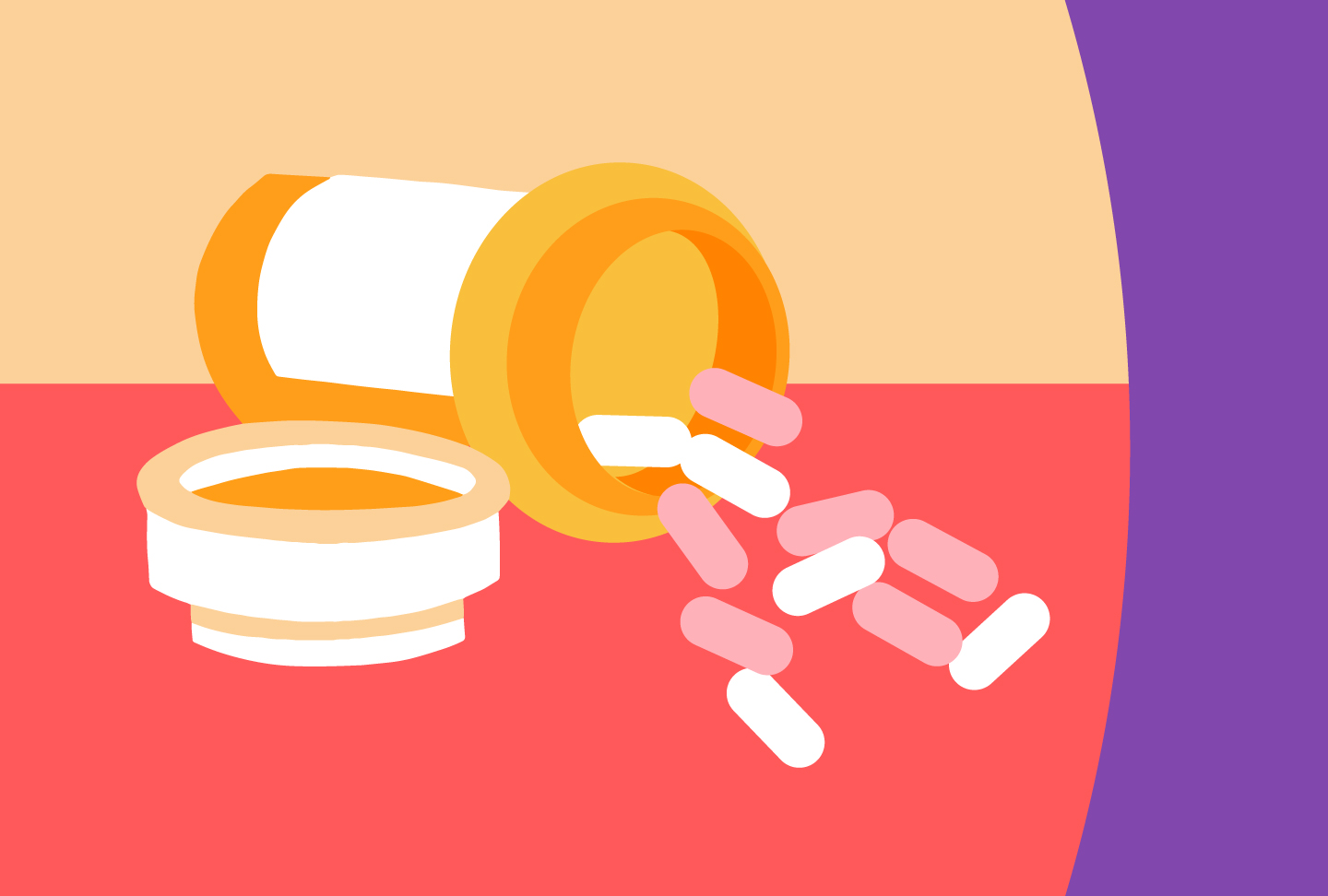Along with leading healthcare systems throughout the state and nation, Wellstar Health System is requiring all team members to receive the COVID-19 vaccine to help protect the health and safety of our patients, clinical team and community.
Getting the COVID vaccine is the best way to protect yourself, children and the community from the spread of COVID-19 and new variants.
We understand you may still want information, so here are some Frequently Asked Questions about the safety and efficacy of the COVID vaccines.
- Which vaccines are approved by the FDA?
- Is it OK be vaccinated against COVID-19 if you’re pregnant, breastfeeding or may become pregnant?
- What about bad reactions to the vaccine?
- Are there long-term effects of the COVID vaccine?
- How many doses of the vaccine are necessary, and at what times?
- How long will the vaccine protect me?
- Which groups are eligible for a booster shot?
- Will I need a COVID-19 vaccine every year like influenza?
- Do I need both the flu vaccine and the COVID-19 vaccine?
- Do I have to sign any forms to get a vaccine?
- I have questions about the COVID-19 vaccine. Who can I call?
- I tested positive for COVID-19. Can I still get the vaccine?
- If I am allergic to eggs can I receive a vaccine?
- Can I trust vaccines developed so quickly?
- Does the vaccine contain a virus?
- Once I get vaccinated, can I still contract COVID-19 and infect someone with the virus?
- Can I stop wearing a mask after I get vaccinated?
- Is it OK to take over-the-counter medications such as Tylenol (acetaminophen) or Advil (ibuprofen) after vaccination?
- How do I schedule a vaccine?
The Pfizer vaccine is the first to be approved by the FDA for people age 16 and older. The Pfizer vaccine also continues to be available under emergency use authorization (EUA) for children 5 to 15 years old.
Moderna and Johnson & Johnson vaccines are available under EUA for people age 18 and older.
The CDC strongly recommends that women who are pregnant, breastfeeding or may become pregnant receive the COVID-19 vaccine, due to its proven safety and effectiveness. Please consult with your Wellstar OB/GYN provider prior to taking the vaccine. More information is available from the CDC here.
You will be observed for approximately 15 minutes after your vaccination to ensure you have no immediate adverse reactions, which have been very rare. Familiarize yourself with mild and more severe reactions to the vaccine prior to your vaccination. Mild symptoms include soreness around the injection site, headache, body aches and a mild fever. These side effects mean the vaccine is working to create antibodies to help you fight infection.
Serious side effects that could cause a long-term health problem are extremely unlikely following any vaccination, including for COVID-19. Historically, vaccine monitoring has shown that side effects generally happen within six weeks of receiving a vaccine dose. For this reason, the FDA required each of the authorized COVID-19 vaccines to be studied for at least two months (eight weeks) after the final dose. Millions of people have received COVID-19 vaccines, and no long-term side effects have been detected.
Both the Pfizer and Moderna vaccines require two doses. After the initial dose, a second dose is needed at either about 21 days (Pfizer) or 28 days (Moderna). However, if it is not feasible to adhere to the recommended interval, the second dose of Pfizer and Moderna COVID-19 vaccines may be scheduled for administration up to 6 weeks (42 days) after the first dose.
The Johnson & Johnson vaccine only requires one dose.
At this time, scientists are gathering data to determine how long protection lasts. A third booster shot is recommended for certain age groups.
The U.S. Food and Drug Administration (FDA) has recently amended its Emergency Use Authorization (EUA) for COVID-19 booster shots. Now, everyone ages 18 and older should get a booster shot to enhance their protection. Young people ages 16 and 17 can also get their booster, as well.
The timing of your booster depends on which vaccine you have received and how long it’s been since you received the vaccine. For more information, visit our COVID-19 vaccines page.
At this time, your Wellstar physician is not able to provide COVID-19 vaccinations at their office. To find a COVID-19 vaccination site, visit vaccines.gov.
Duration of protection and new strains of COVID-19 are two important factors that will determine if booster or repeat vaccination is necessary. Investigations are ongoing.
Yes. DPH and the CDC urge everyone to get the flu vaccine as soon as possible and the COVID-19 vaccine.
Yes. You need to sign a consent form prior to receiving the vaccine.
We recommend that you check Wellstar’s COVID-19 resource center for the quickest and most convenient general information about COVID-19 vaccines. If you have additional questions, contact us at (770) 956-STAR (7827). If you call us, please be patient as call volumes have been very high recently.
Yes, but if you have COVID-19 it is recommended you wait 30 days after your positive test result. If you have COVID-19 and have also had monoclonal antibody therapy or plasma it is recommended you wait 90 days.
Yes. You can be vaccinated if you have an egg allergy. Both Moderna and Pfizer are mRNA vaccines and do not require egg or egg products to manufacture.
Scientists began developing a vaccine more than a year ago when the SARS-CoV-2 (COVID-19) virus genetic sequence became available, and Pfizer and Moderna had already been working with mRNA vaccines for several years. Because the vaccine includes mRNA and not a killed or attenuated virus, there’s no need to grow the virus in culture, which can be a difficult and time-consuming step.
The Johnson & Johnson vaccine is what’s called a viral vector vaccine.
To create this vaccine, the Johnson & Johnson team took a harmless adenovirus – the viral vector – and replaced a small piece of its genetic instructions with coronavirus genes for the SARS-CoV-2 spike protein.
The adenovirus vector vaccine is safe because the adenovirus can’t replicate in human cells or cause disease, and the SARS-CoV-2 spike protein can’t cause COVID–19 without the rest of the coronavirus.
This approach is not new. Johnson & Johnson used a similar method to make its Ebola vaccine.
Finally, the vaccines were tested in areas with a high infection rate so scientists were able to gauge effectiveness quickly. No shortcuts were taken in development of this vaccine.
No. Neither the Pfizer, Moderna nor the Johnson & Johnson vaccines contain live virus. It is not possible for the vaccine to give you COVID-19.
COVID-19 vaccines are effective at preventing severe illness. According to the CDC, infections only happen in a small proportion of people who are fully vaccinated and, when they do occur, infections are generally mild.
If a fully vaccinated person does contract COVID-19, they can spread the infection to others. That’s why it’s important to continue following the 3Ws — wear a mask, wash your hands and watch your distance — even after you are vaccinated.
Even after you are vaccinated, you should wear a mask. You should also continue to practice social distancing and proper handwashing. No vaccines for any illness are 100% effective, and it takes up to two weeks after the second vaccine for the body to reach peak immunity.
You can take over-the-counter pain relievers after the vaccine if you develop a mild reaction such as a headache or body aches.
Currently, Wellstar is not providing COVID-19 vaccinations at our medical offices. Find a vaccination site near you at vaccines.gov or visit a local retail pharmacy, such as CVS or Walgreens.
For more information about COVID-19 vaccines, visit the CDC website or our COVID-19 vaccine page to learn more.





